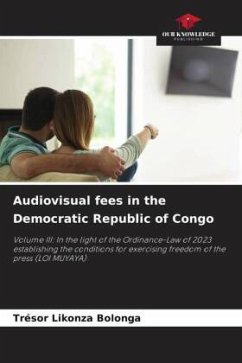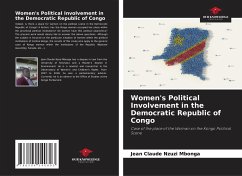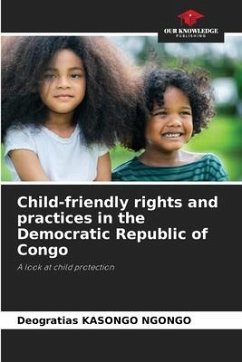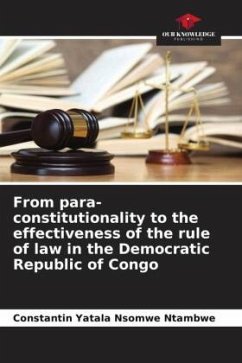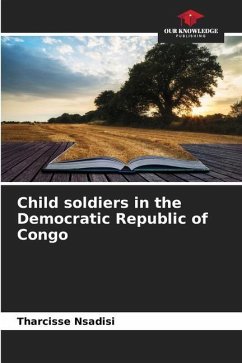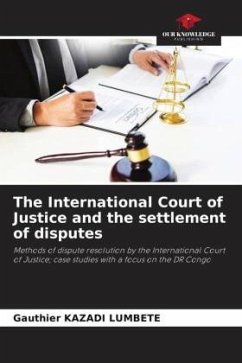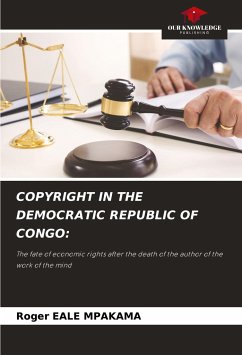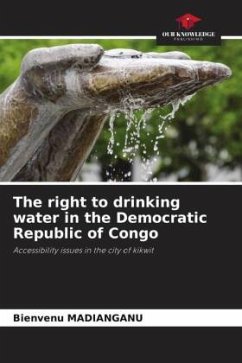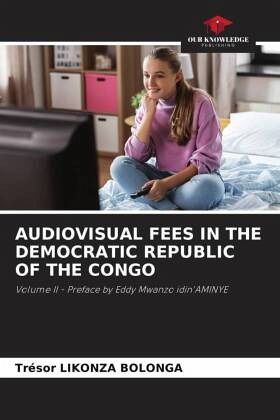
AUDIOVISUAL FEES IN THE DEMOCRATIC REPUBLIC OF THE CONGO
Volume II - Preface by Eddy Mwanzo idin'AMINYE
Versandkostenfrei!
Versandfertig in 6-10 Tagen
53,99 €
inkl. MwSt.

PAYBACK Punkte
27 °P sammeln!
The Congolese legislator has established two types of audiovisual fees: the fee for the retransmission of radio and television programs for public use for profit in places freely accessible to the public, and the fee for the consumption of audiovisual services. While the former is intended to guarantee the protection of audiovisual broadcasts as artistic activities for the benefit of all channels, public and private, but has not yet been set by the competent authority, the latter remains the prerogative of public radio and television broadcasting establishments alone, and is collected by the C...
The Congolese legislator has established two types of audiovisual fees: the fee for the retransmission of radio and television programs for public use for profit in places freely accessible to the public, and the fee for the consumption of audiovisual services. While the former is intended to guarantee the protection of audiovisual broadcasts as artistic activities for the benefit of all channels, public and private, but has not yet been set by the competent authority, the latter remains the prerogative of public radio and television broadcasting establishments alone, and is collected by the Congolese National Radio and Television. It is also a question of respecting the constitutional order in terms of regulation of the media and professionals. The mission of ensuring respect for ethics is entrusted to the Csac, but a certain opinion tries to overload a non-profit association called the National Union of the Press of Congo. Self-regulation is a matter of personal discipline for each professional and cannot have any influence on the exercise of the profession.



